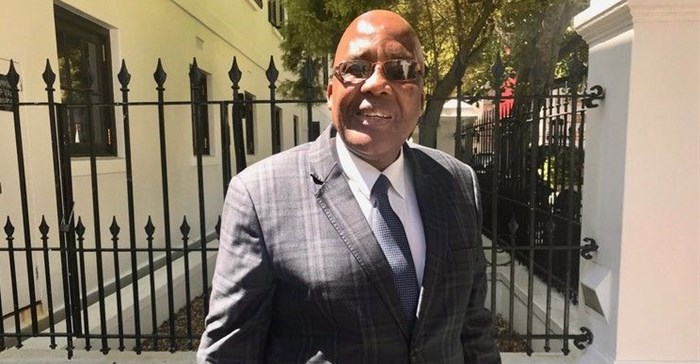Here's a quick health win for government

The Medical Research Council (MRC) publishes a weekly report of the number of excess deaths in South Africa due to the Covid-19 epidemic. But because the researchers don’t have access to death certificates, they have to make two guesses: How complete is the data? And what are people dying of?
Excess deaths are estimated by comparing observed deaths to historical trends. The data the MRC uses comes from Home Affairs but there are two shortcomings: (1) Home Affairs only processes deaths of people with South African identity numbers, and (2) the certificates with cause of death are not available to the MRC.
This means: first, that the MRC researchers have to estimate the number of deaths (because people who died without ID numbers aren’t included), and second, that they do not have the information on causes of death that would help them better estimate how many deaths are due to HIV, TB, Covid, diabetes and other illnesses.
StatsSA’s report Mortality and causes of death in South Africa, 2017: Findings from death notification, published this year, says: “Reliable mortality statistics are the cornerstone of national health information systems, and are necessary for population health assessment, health policy and service planning; and programme evaluation.”
For example, between 2008 and 2014, in the Western Cape, cause-of-death data were used collaboratively by universities, the MRC and the provincial government to guide public health policy. Their analysis, unique in South Africa, relied on mortality data being processed quickly with geographic specificity by the MRC’s mortality surveillance project under terms agreed by Home Affairs.
This project contributed to the drop in deaths from diarrhoea in children under five between 2008 and 2013. MRC researchers hoped it could be rolled out countrywide.
But a new regulation in 2014, albeit well intended, put an end to this.
Protecting confidentiality
The Births and Deaths Registration Act requires that each death in South Africa is accounted for. This is usually done by a doctor filling in a death form known as DHA-1663. In terms of the 2014 regulations under the Act, the cause of death is considered confidential and only an official from StatsSA is allowed to break the seal.
Protecting people’s confidentiality, even after death, is important; they leave behind families and loved ones after all. Government has therefore interpreted the regulations strictly to mean that only StatsSA can see the death certificates (even though, ironically, the Department of Health “owns” the data).
But if this data is shared with the Department of Health and MRC team that brings out the weekly mortality report, it will allow them to identify almost in real time where people are dying of what diseases (of course, the health department and MRC researchers must keep the certificates confidential).
This will mean the health department can take immediate action to address Covid “hotspots” or sudden increases in child mortality due to malnutrition. The Western Cape programme can be resurrected, as well as replicated in other provinces. It has the potential to be an aspect of our health system that is a world-class model.
This will not be a panacea. There are often problems with the way death forms are filled in by doctors, but perhaps this too can be addressed as the usefulness of the weekly MRC reports becomes more apparent.
The decision to allow the health department (and MRC researchers) rapid access to the death certificates can be taken by the Minister of Home Affairs Aaron Motsoaledi. Making this small change in policy will be a big win for the health of the country.
The original article was published on GroundUp
Source: GroundUp

GroundUp is a community news organisation that focuses on social justice stories in vulnerable communities. We want our stories to make a difference.
Go to: http://www.groundup.org.za/






















